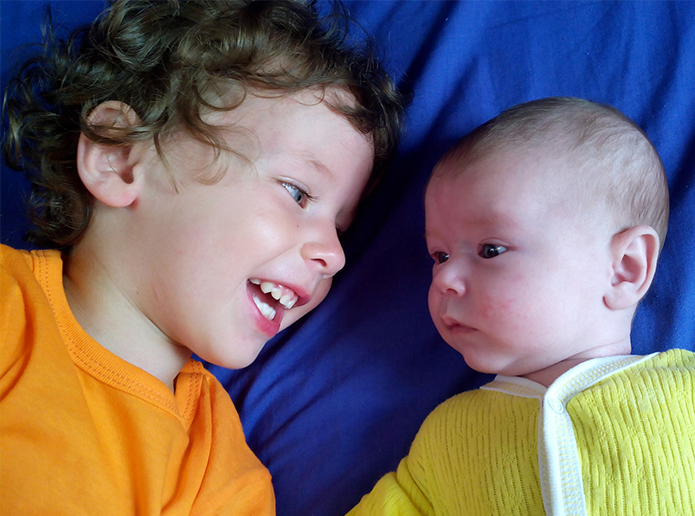Becoming a parent is an amazing experience in so many ways. It is an incredible time in your life. It can also be very demanding, both physically and emotionally. We enter into a dance with our baby, and like any dance it takes practice.
Learning to understand the signs our baby gives us and discovering how to meet their needs takes time.
Getting to know your baby
We learn how to parent ‘on the job’. By engaging with your baby, playing with them and sharing cuddles, smiles, laughter and cries, you develop a strong and positive bond.
This special time helps you learn how to communicate and respond to them in ways that work for both you and your baby.
About crying
Crying is your baby’s way of communicating. Research has shown that infants cry an average of two to three hours a day. Babies use crying to attract their parents attention and let them know that they need something.
Your face, your voice, and your cuddles are the tools you have to reassure and respond to your baby when they cry or are unsettled. Keeping them close, using a reassuring voice and smiling as you feed or change them will work wonders.
It isn’t possible to spoil a newborn. The attention you provide to your baby helps your baby to grow and is an important part of development.
Babies learn through their senses – touch, vision, hearing, smell, taste and movement – so using those senses to respond will work well.
As you spend time observing, responding and getting to know your baby, you will soon get better at knowing what they want. It is like any other relationship where we take time to learn what people need.
A few common reasons why babies cry
- Hunger: This is the most common reason for crying. A hunger cry is often loud and demanding, as hunger is a drive. Crying will not stop until you feed the baby. Feeding baby may soothe them, almost immediately.
- Discomfort: A baby may try to attract your attention after wetting their nappy as it is an uncomfortable feeling. They will also cry when they are too hot or too cold.
- Tiredness: The tired cry alerts you that your baby needs to sleep. This cry is like a moan and a grizzle. It can be intermittent at first and then loud and persistent if your baby gets over tired.
- Pain: If your baby is in pain or is unwell, crying is often in very high-pitched tones and sounds frantic. This cry is piercing and you will not miss it. See your local doctor for help.
Use this flowchart to help you find the reasons and possible solutions for crying.
Want to know more?
Raising Children Network – Newborns (0–3 months)
Raising Children Network – How to settle a crying baby (video)
Kidshealth – Communication and your newborn
Zero to Three – How to support your child’s communication needs







